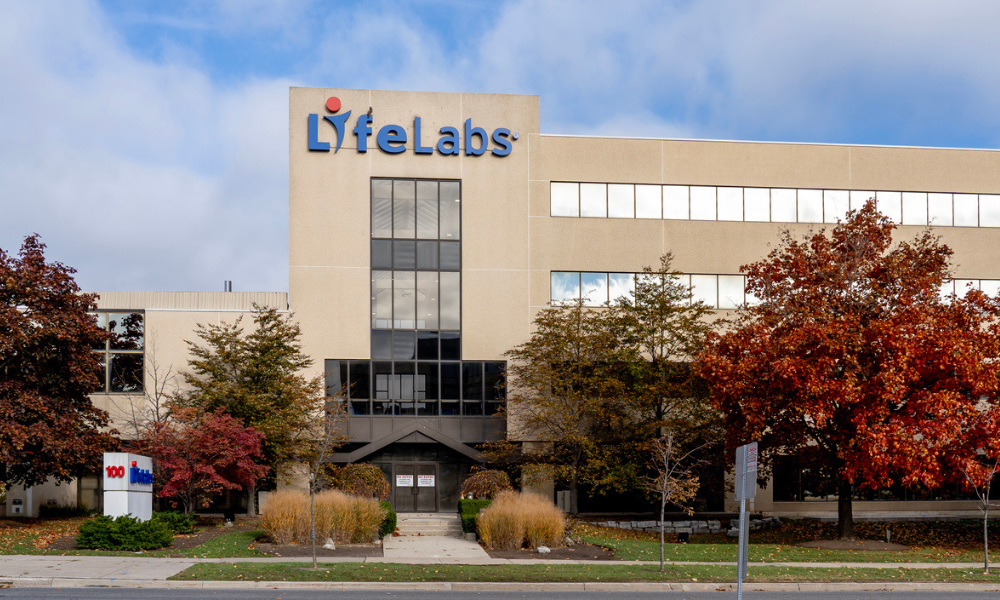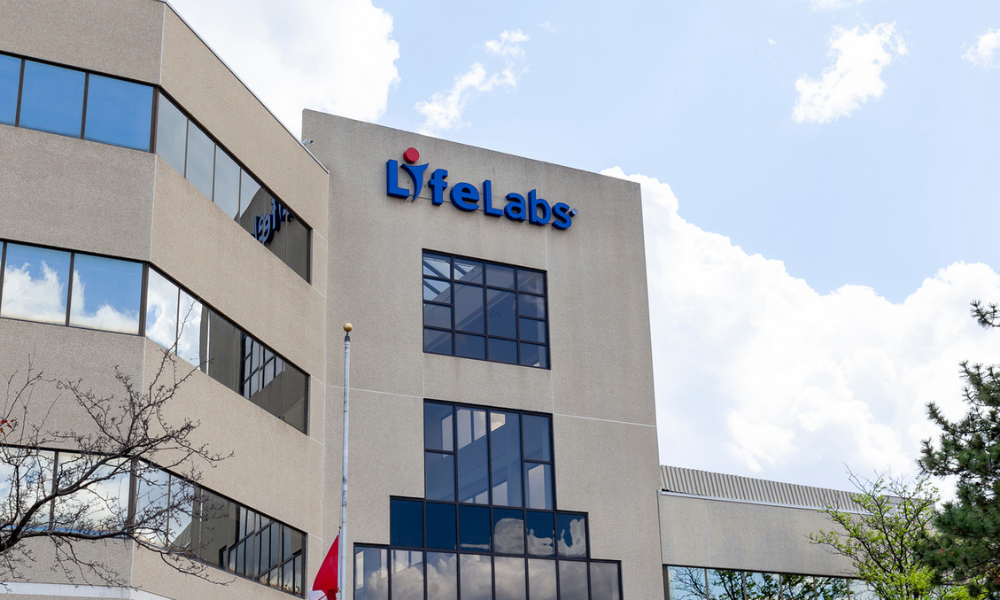The parties have agreed to settle for $4.9 million

The Ontario Superior Court of Justice has approved a class action settlement agreement concerning a data breach that LifeLabs faced in 2019.
LifeLabs operates Canada’s largest medical laboratory testing and analytic and diagnostic service. In 2019, cyber-criminals hacked into LifeLabs’ systems and accessed its customers’ personal health information, including provincial health card numbers of approximately 8.6 million customers. LifeLabs paid a ransom fee to regain the hacked information.
After the breach, LifeLabs retained cyber-security consultants and notified its customers. It had set up a call centre for $4.6 million and responded to over 65,000 enquiries. The company also offered its clientele one-year free credit monitoring and identity theft insurance.
LifeLabs eventually faced class action lawsuits. Three counsel groups agreed to form a consortium to prosecute the class action as one national class action. LifeLabs had never admitted liability and asserted that it had a complete defence on the merits.
The Ontario Court of Appeal eventually ruled that while other causes of action might be available, a cause of action for intrusion upon seclusion was not available against a defendant when there was a hacker breach. The Alberta Court of Appeal subsequently concluded that the increased risk of harm from identity theft was not compensable.
Following protracted arms-length settlement negotiations, the parties signed a settlement agreement. LifeLabs agreed to pay $4.9 million in guaranteed settlement funds and $4.9 million in contingent settlement funds.
Under the settlement, the plaintiffs advanced only their claim of negligence. However, after four years of litigation, the court found no evidence that the personal information was “actually” affected. Without proof of actual damages, it appeared to the court that the negligence claim would have failed. Notwithstanding the unlikeliness of any success had the action gone to trial, the settlement compensated the class members.
The consortium of class counsel said that the settlement was in the best interests of the class, especially given the state of data breach law in Canada and the lack of evidence of actual damages suffered by class members.
The Ontario Superior Court of Justice noted that class members will likely receive between $50 to $150 after counsel’s legal fees and disbursements. The court said this was over and above the compensation already provided by the defendants, including free credit monitoring, identity theft insurance, and their ongoing dark web monitoring at $5.6 million.
Class counsel collectively requested a 25 percent fee of the $4.9 million guaranteed settlement fund. The court said that the proposed fee would result in class counsel being undercompensated for their work, which cost approximately $4.7 million.
Objectors to the settlement argued that the counsel’s fee was unreasonable based on the settlement achieved, the settlement was fee-driven by the laws and not based on actual work, and there was collusion in the settlement and negotiation with LifeLabs. However, the court rejected these claims.
The court explained that the risks of a class proceeding include all liability risks, recovery risks, and the risk that the action will not be certified as a class proceeding. The court further said that fair and reasonable compensation must be sufficient to provide a real economic incentive to lawyers to take on a class proceeding and to do it well.
The court was satisfied that under the circumstances of this case, the contingency fee agreement and class counsel’s fee should be approved. The court found that the contingency fee did not cover the hard legal work over the past four years. The court also emphasized that the class counsel did not sell the class out by recommending a settlement. The settlement was the best that could be achieved for the class, and the class members should have no complaints that there was profiteering in the immediate case or that their interests were being sacrificed.
Accordingly, the court approved the class counsel’s fee. The court was also satisfied that the settlement was in the best interests of the class members and should be approved.








